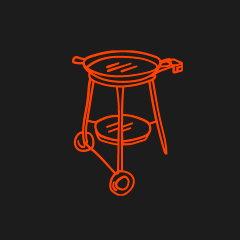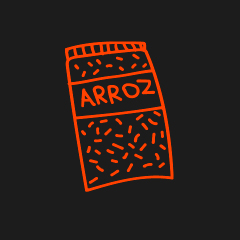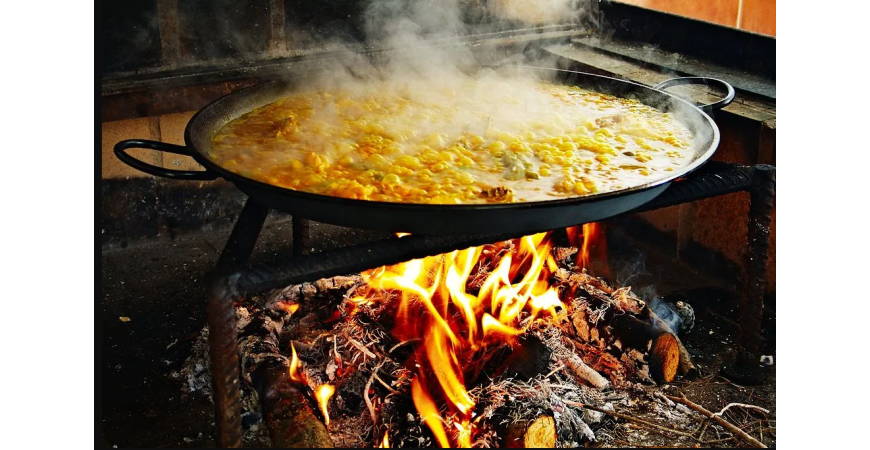How to avoid a burnt paella: Causes and solutions
We all have accidents in the kitchen: maybe we overdid the amount of an ingredient, or accidentally gave ourselves a small cut while chopping something... but in the world of rice dishes, there’s no worse accident than ending up with a burnt paella.
We can rarely salvage a burnt meal—its bitter and overpowering taste is overwhelming and can only be covered up with an even stronger flavor, which often ruins the dish even more. The best way to avoid this situation is, in fact, to prevent it from happening in the first place. But of course, this brings us to the question of
In this blog post, we’ll talk about the most common causes that can lead to a burnt paella and how to avoid them.
Why does paella burn? Common causes
Although it might seem easy at first glance, cooking a perfectly done paella without burning it can be quite a challenge. Below, we’ll explain the most common mistakes made by beginner rice cooks that can lead to a burnt paella:
Lack of oil when preparing the paella pan
Oil is essential for achieving a good socarrat, as well as for preventing the rice from burning and as a vehicle for transferring the flavor of fats and meats.
When we mix water and oil in a glass, we see that both liquids are immiscible (they don't mix). Oil, being less dense than water (weighs less), floats on the surface. That’s why we can clearly see the oil floating on top of the water in the glass.
This is exactly what happens in a paella: the oil we initially added to sauté the ingredients will float once we add water. When we then add the rice, the water will start being absorbed by the rice and some of it will evaporate. This will cause the layer of oil to gradually descend as the water is used up.

It’s very important to have enough oil so that once it has passed through the entire layer of rice, there’s still some left at the base of the paella. This layer will have a double function: to prevent the rice grains from burning and to fry the bottom rice, giving it that golden color and helping to create the coveted socarrat. Experts recognize this part by sound, as the boiling noise changes to a frying sound once the water has evaporated.
From this, we can conclude that in the case of Valencian paella, whose meats (chicken and rabbit) are not especially fatty, the ideal amount of oil is between 25 and 30 ml per person. If you're using other fattier meats like pork, depending on the amount, you’ll need to noticeably reduce this quantity.
Another takeaway from this explanation is the importance of properly browning the meat. This is because when frying the meat, all its flavors and fats dissolve into the oil (they are fat-soluble), making the oil the true medium for transferring meat flavor to our rice. As the water evaporates and the oil layer descends, it coats the rice grains and provides the desired richness to our rice. In short, this is a crucial step to make our rice as flavorful as possible.
The quality of the oil is also key to achieving a good result. For paella, the best oil to use is extra virgin olive oil.
Not enough water or broth
Whether due to evaporation during cooking or from miscalculating from the start, not having enough broth means the paella cannot cook properly, and instead of boiling the rice, you’ll accidentally end up frying it on the paella pan once the liquid runs out—burning it in the process.
Make sure to calculate the amount of water needed beforehand to form the broth with your sofrito or pre-made stock.
Poorly controlled cooking time
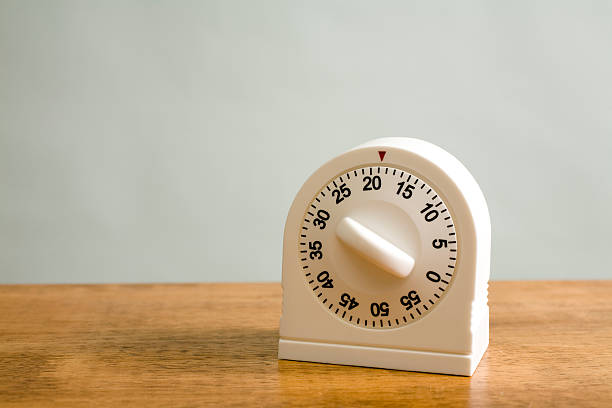
Every dish has a set cooking time for a reason: we don’t want to burn or overcook the ingredients during the preparation process, and paella is no exception to this rule.
Make sure to correctly calculate the cooking time needed for the rice so you have the necessary broth. You can find the recommended cooking times based on the type of rice on the informational section on the rice package.
Keep this in mind: while no one wants undercooked rice, it’s much worse if we wait too long and all the broth evaporates, which will cause the rice to burn due to lack of liquid.
Incorrect heat distribution and intensity
Too little heat won’t cook the dish and will leave the ingredients raw, and too much heat will burn everything and ruin your paella. Make sure that the heat distribution and fire intensity under your paella are appropriate.
One of the best ways to ensure that your paella has even heat distribution is to use the correct size pan and burner. Some size combinations can cause the burner rings to fall too far inside or outside the base of the pan, resulting in uneven heat across the surface.
If you’re unsure which burner size matches your paella pan, you can visit our paella burner size chart to clear things up.
Similarly, make sure to use the correct gas regulator for your burner. Too much gas flow means stronger flames, which can burn the paella—and also pose a safety risk. You can follow this link to find out which regulator matches your burner.
Socarrat: Golden or Burnt?
A common mistake when making paella is confusing the desired socarrat with burnt rice. This confusion often leads to one of the most frequent errors: leaving the paella on the heat longer than necessary, thinking the bottom must be completely toasted. Socarrat is not charred rice, but a lightly golden and crispy layer that forms in a controlled way. Believing that “the darker, the better” is one reason why many paellas end up overcooked or outright burnt. The best advice: pay attention to the heat and timing, and don’t fall into the trap of forcing an extreme socarrat. The sweet spot lies in balance, not excess.
Another common mistake is quite the opposite—taking the paella off the heat too early out of fear it might burn, which results in the socarrat never forming. The key is to be patient, but also cautious. Later we’ll explain the secret to getting the perfect socarrat without burning your paella.
What to do if your paella is already burnt?
It can happen to anyone—a slip-up is no big deal. But it’s not the end of the world. For now, don’t panic. If your paella starts to smell more like charcoal than rice, it’s time to act before it’s too late. The first thing to do is to remove the pan from the heat quickly to prevent the burnt flavor from spreading throughout the rice. Now, it’s important that you don’t stir the rice, or you’ll mix the burnt grains with the good ones. Obviously, you’ll have to let go of the socarrat, but at least you won’t lose the whole meal. Carefully serve the paella, avoiding scooping up the burnt parts and only keeping the rice that’s still good.
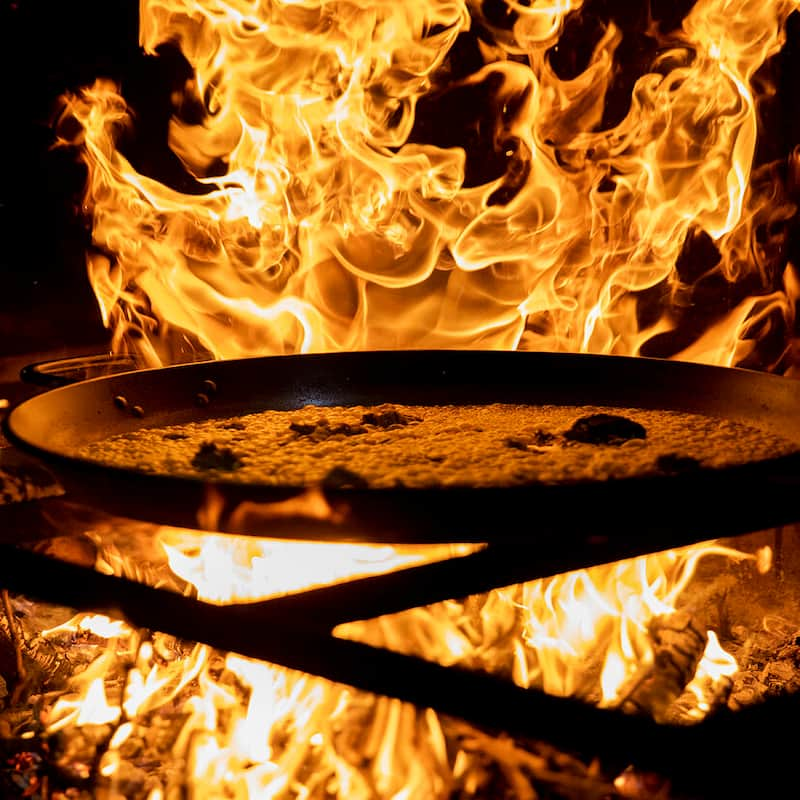
And what if it’s completely burnt? Well, unfortunately, there’s not much you can do—but that’s no reason to be discouraged. You may have lost the day’s paella, but you’ve gained something much more valuable: experience and a lesson learned so it won’t happen again. Chin up, rice warrior!
How to clean a burnt paella
You gave it your best shot. You tried to save that paella like it was your own child, but there’s nothing more to be done. All that’s left is to salvage the rice that’s still good and get ready for the best part: cleaning the pan. Or… do you really want someone else to find out you burned the paella?
The first and most important thing is that you shouldn’t scrub it like you’re trying to polish a diamond. Instead, grab your paella pan and let it soak in hot water for a good while—even overnight, if needed. Right, now forget about any metal scouring pads or brushes that might scratch the pan. Instead, find a wooden spatula or a spoon and start gently scraping off the burnt layer bit by bit.
Not enough? Then mix a bit more hot water with vinegar or baking soda and keep scrubbing. Take this moment to reflect on your decisions and promise yourself you’ll never leave the fire unattended again.
How to achieve a perfect socarrat without burning the paella

Loved by many and craved by even more, socarrat is that crispy layer of rice every paella eater hopes to find underneath the top layer. And while it might surprise the uninitiated, this layer isn’t burnt stuck-on rice—it’s a caramelization effect created through a chemical reaction.
The best way to avoid burning your socarrat is, in fact, by having a good ear. In the last few minutes of cooking, if you hear a sound similar to when you’re making the sofrito, you’ll know the socarrat is forming. Once you hear that sound, count 60 seconds and turn off the heat. With that timing, you’ll have a first-rate socarrat waiting under your rice for you and your guests.
We hope this short guide ensures all your paellas come out perfect. Enjoy a well-cooked rice, fellow rice lovers!

